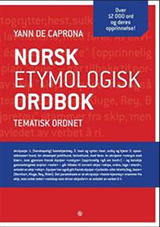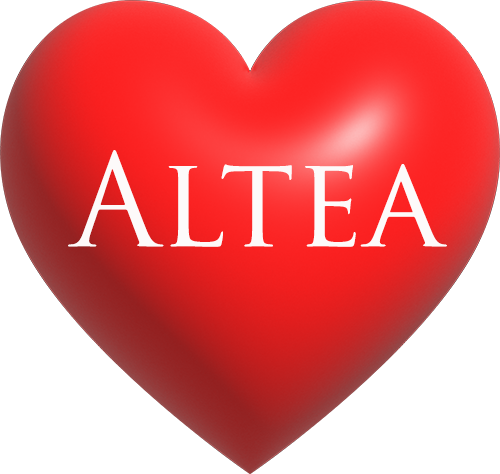"Four legs good, two legs bad."

"Beasts of England, beasts of Ireland,
Beasts of every land and clime,
Hearken to my joyful tiding
Of the golden future time."
"At this there was a terrible baying sound outside, and nine enormous dogs wearing brass-studded collars came bounding into the barn. They dashed straight for Snowball, who only sprang from his place just in time to escape their snapping jaws."
"All animals are equal, but some animals are more equal than others."
"If you have your lower animals to contend with," he said, "we have our lower classes!"



